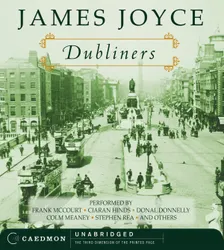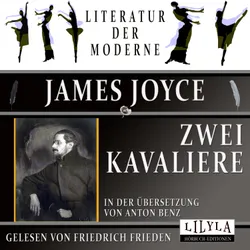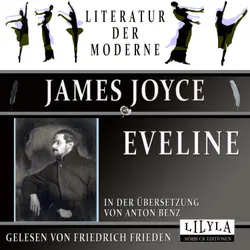In "Finnegans Wake," James Joyce embarks on an audacious journey through the labyrinth of human consciousness, employing a groundbreaking literary style characterized by its polyphonic structure, fragmented narrative, and linguistic innovation. The book eschews linear storytelling, instead weaving a tapestry of dreams, myths, and historical references, thus capturing the cyclical nature of time and identity. In contrast, "Exiles" presents a more conventional narrative, exploring themes of jealousy, fidelity, and the complexities of love within the framework of modernity, placing Joyce'Äôs characters in a crucible of moral and emotional dilemmas. Together, these works exemplify Joyce's penchant for deep psychological exploration, reflecting the revolutionary artistic movements of the early 20th century. James Joyce, an iconic figure in modernist literature, was profoundly influenced by his experiences navigating the turbulent sociopolitical landscape of Ireland, as well as by his fascination with myth and language. "Finnegans Wake" required nearly two decades of meticulous work, culminating in a complex and richly intertextual masterpiece that merges personal history with universal archetypes. "Exiles," though written earlier, showcases Joyce'Äôs evolving narrative techniques and provides insight into his own tumultuous relationships, setting the stage for his later innovations. These works are essential reading for anyone wishing to grasp the heights of literary experimentation and the intricacies of the human psyche. Joyce's ability to traverse language and thought invites readers to engage in an immersive experience that challenges conventional narratives. Both "Finnegans Wake" and "Exiles" serve not only as significant contributions to modernist literature but also as timeless explorations of the human condition.

Library of Masterpieces - 100 Books to Read in a Lifetime
illiam Shakespeare, Fyodor Dostoevsky, Louisa May Alcott, Miguel de Cervantes, John Milton, Jane Austen, Charlotte Brontë, Emily Brontë, Anne Brontë, William Makepeace Thackeray, George Eliot, Charles Dickens, Thomas Hardy, Jonathan Swift, Daniel Defoe, Joseph Conrad, Robert Louis Stevenson, Mary Shelley, Bram Stoker, Arthur Conan Doyle, Wilkie Collins, Oscar Wilde, T. S. Eliot, D. H. Lawrence, James Joyce, Virginia Woolf, E. M. Forster, Evelyn Waugh, Aldous Huxley, George Orwell, H. G. Wells, Lewis Carroll, Frances Hodgson Burnett, Kenneth Grahame, C. S. Lewis, Malcolm Lowry, Ford Madox Ford, Mark Twain, Jack London, Herman Melville, Ernest Hemingway, Jack Kerouac, Nathaniel Hawthorne, Edith Wharton, Walt Whitman, Kate Chopin, Harriet Beecher Stowe, Neale Hurston, Richard Wright, Raymond Chandler, Dashiell Hammett, F. Scott Fitzgerald, John Steinbeck, William Faulkner, Margaret Mitchell, Sylvia Plath, Carson McCullers, L. Frank Baum, L. M. Montgomery, Leo Tolstoy, Ivan Turgenev, Nikolai Gogol, Johann Wolfgang von Goethe, Friedrich Nietzsche, Thomas Mann, Franz Kafka, Erich Maria Remarque, Albert Camus, Marcel Proust, Jules Verne, Victor Hugo, Gustave Flaubert, Stendhal, Alexandre Dumas, Henrik Ibsen, Rudyard Kipling, Homer, Sophocles, Virgil, Laozi, Sun Tzu, Plato, Marcus Aurelius, Dante Alighieri, Niccolò Machiavelli
book
Dubliners
James Joyce
audiobookbook
Nach dem Rennen
James Joyce
audiobook
Die Pension
James Joyce
audiobook
Exil : Mann und seine Mätressen
James Joyce
book
Dublineses
James Joyce
book
Stephen der Held : Erkundung der irischen Identität und der künstlerischen Entwicklung eines Jugendlichen im Kontext des literarischen Wandels und innerer Konflikte.
James Joyce
book
Zwei Kavaliere
James Joyce
audiobook
Ein Porträt des Künstlers als junger Mann : Ausgabe in neuer Übersetzung und Rechtschreibung
James Joyce
book
Ulysses : Ausgabe in neuer Übersetzung und Rechtschreibung
James Joyce
book
Dubliner : Ein Klassiker irischer Literatur und Identität - Ausgabe in neuer Übersetzung und Rechtschreibung
James Joyce
book
Eveline
James Joyce
audiobook
